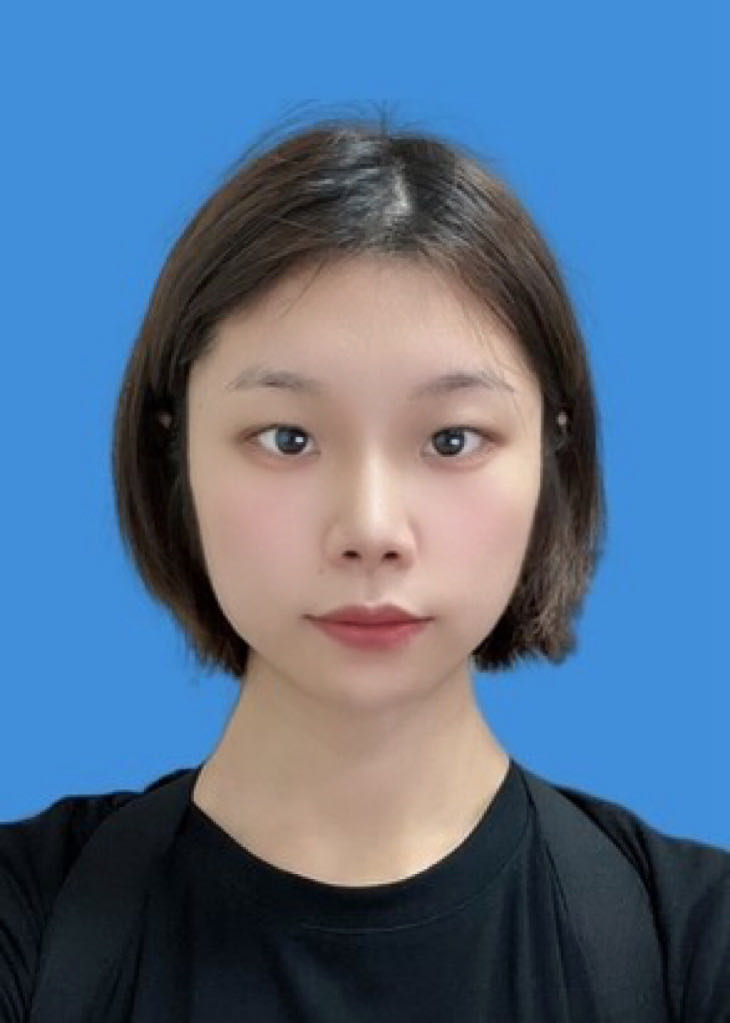Student Forum
- Starts at
- Wed, Oct 16, 2024, 09:00 EDT
-
(
16 Oct 24 13:00 UTC ) - Finishes at
- Wed, Oct 16, 2024, 12:00 EDT
-
(
16 Oct 24 16:00 UTC ) - Moderator
- Ying-Hsang Liu
The student forum aims to provide an opportunity for master's and doctoral students to share their experiences and exchange ideas of best practices, research in progress, and findings in areas related to metadata innovation.
| Time | Title | Presenter |
|---|---|---|
| 09:00 | Introduction | Ying Hsang Liu |
| 09:10 | Generating Syntactic Metadata for Automatic Video Anomaly Detection: A Data Science Application | Setegn Asnakew Kasegn |
| 09:40 | Author Name Disambiguation using Canonical Knowledge Bases and Heterogeneous Information Network Embedding | Wenjia Dong |
| 10:10 | Multi-modal Knowledge Organization Approach for Incorporating Intelligent Construction Metadata | Wenjing Wu |
| 10:40 | Award Winners Announcement | |
| 10:45 | Short Break | |
| 10:50 | Metadata Description Framework for Chinese Paper-cutting in the Context of Intangible Cultural Heritage Inheritance | Shengnan Zhao |
| 11:20 | The Preliminary Study of Musical Works’ Representations Between MARC record-based Web and Data-centric Linked Data Public Access Catalogs | Li Kung Chi |
| 11:50 | Wrap Up |
Moderator
-

Ying-Hsang Liu
Uppsala University, Sweden
Dr Ying-Hsang Liu is a researcher at the Department of ALM at Uppsala University in Sweden. He holds a PhD in Information Science from Rutgers University. He has held academic positions in the USA, Australia, Denmark and Norway. His research lies at the intersections of knowledge organisation, interactive information retrieval and human information behaviour in various domains, including digital humanities. He has served on the editorial boards of Online Information Review and Information Processing & Management, the iSchool Digital Humanities Curriculum Committee. A recent co-edited book published by Routledge is entitled, Information and Knowledge Organisation in Digital Humanities: Global Perspectives.
Presentations
Generating Syntactic Metadata for Automatic Video Anomaly Detection: A Data Science Application
Authors: Setegn Asnakew Kasegn, Prof.Waweru Mwangi, Dr.Michael Kimwele, Dr.Surafe Lemma Abebe
-

Setegn Asnakew Kasegn
University of Gondar
I am Setegn Asnakew Kasegn, a lecturer at the University of Gondar, Ethiopia. I hold a Bachelor's degree in Information Technology and a Master's degree in Computer Science. My responsibilities include teaching, supervising research, and leading technology transfer projects. Currently, I am pursuing a PhD in IT at Jomo Kenyatta University of Agriculture and Technology (JKUAT), Kenya, with awarded a DAAD scholarship in 2021 to support my study.
Multi-modal Knowledge Organization Approach for Incorporating Intelligent Construction Metadata
Authors: Wenjing Wu, Junzhi Jia
-

Wenjing Wu
Renmin University of China
Wenjing Wu is a PhD student at Renmin University of China. Her research interests include knowledge organization, deep learning, and knowledge graphs.
Author Name Disambiguation using Canonical Knowledge Bases and Heterogeneous Information Network Embedding
-

Wenjia Dong
Chinese Academy of Agricultural Sciences
Wenjia Dong is a postgraduate student studying Library and Information Studies at the Chinese Academy of Agricultural Sciences. She is interested in knowledge organization and natural language processing. Currently, she is actively engaged in several research projects that aim to harness the power of machine Learning to enhance data retrieval and information management systems.
The Preliminary Study of Musical Works’ Representations Between MARC record-based Web and Data-centric Linked Data Public Access Catalogs
Authors: Li-Kung Chi, Ya-Ning Chen
-

Li Kung Chi
Graduate Institute Of Library & Information Studies, National Taiwan Normal University
Li Kung's work is closely associated with library metadata, particularly in the field of music. After earning his M.L.I.S. degree from the University at Buffalo, SUNY, he joined the School of Music at Soochow University, where he played a key role in building the music library from the ground up. From 2017 to 2024, he worked at the University Library of Tunghai University, serving as an acquisitions and cataloging librarian. Currently, he is a Ph.D. student at the Graduate Institute of Library & Information Studies, National Taiwan Normal University, focusing his research on the organization of musical works' information.
Metadata Description Framework for Chinese Paper-cutting in the Context of Intangible Cultural Heritage Inheritance
-

Shengnan Zhao
Beijing Normal University
I am a graduate student in library science at the School of Government, Beijing Normal University. My research focuses on information organization, digital literacy and AI literacy.





